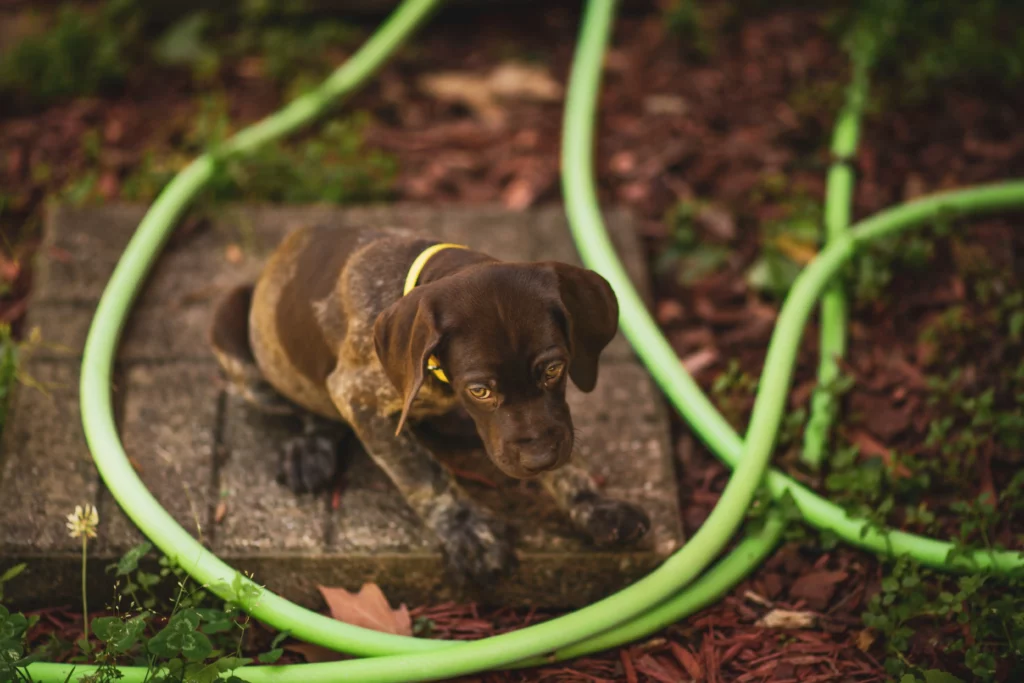When is dog diarrhea an emergency? This is difficult to answer without knowing more about the dog’s health and medical history. Generally, if the dog is otherwise healthy and the diarrhea is not severe, it is not an emergency. If the dog is showing other signs of illness, such as vomiting, lethargy, or loss of appetite, or if the diarrhea is severe, it could be an emergency.
There are many different types of diarrhea, but all of them can be extremely unpleasant and also dangerous if not treated quickly and properly. When dog diarrhea is accompanied by other symptoms such as vomiting and fever, it is usually an emergency. If left untreated, dog diarrhea can lead to dehydration and may even be life-threatening.
There are a few key things to keep in mind if your dog is having diarrhea. The first is to ensure that they are getting plenty of fluids. This means giving them water, diluted juice, or a bland diet such as plain yogurt. If the diarrhea is severe, your dog may need to be hospitalized for treatment.
The second key thing to remember is to get your dog to a veterinarian as soon as possible. Dog diarrhea can quickly become life-threatening if not treated properly.

What are the symptoms of dog diarrhea?
- The dog experiences diarrhea, which can be watery, bloody, or both.
- The diarrhea may last for a few hours or up to a few days.
- The dog may have a feeling of unease, fatigue, or fever.
- The dog’s poop may be loose or hard to control.
- The dog may have difficult breathing.
- The dog may vomit or have diarrhea that doesn’t stop.
- The dog’s coat may be loose or oily.
What are the causes of dog diarrhea?
- Diet – A dog’s diet can be a contributing factor to diarrhea. A high-quality diet that is supplemented with fresh water and appropriate antibiotics can help to prevent diarrhea in dogs.
- Infections – Infections can cause diarrhea in dogs. Infections can be caused by bacteria, viruses, or parasites.
- Genetics – Some dogs are more prone to developing diarrhea than others. Some dogs may be born with a tendency to develop diarrhea, while other dogs may acquire diarrhea through infections or their diet.
- Illness – Certain illnesses can cause diarrhea in dogs. Some common causes of illness in dogs include canine distemper, worms, and intestinal parasites.
- Aging – As dogs age, their immune system may become weaker, which can lead to more frequent bouts of diarrhea.
- Obesity – Dogs that are obese are more likely to develop diarrhea due to their increased size and weight. Obesity can also lead to other health problems, such as diabetes and heart disease.

How can you treat dog diarrhea?
There are a few things you can do to help treat dog diarrhea:
- Feed your dog a bland diet. This means avoiding rich, fatty, or spicy foods. Stick with simple, easily digestible foods like boiled chicken or white rice.
- Give your dog plenty of fluids. Diarrhea can lead to dehydration, so make sure your dog is drinking plenty of water. You can also give him chicken broth or Pedialyte to help replace lost electrolytes.
- Add probiotics to your dog’s diet. Probiotics can help restore the balance of good bacteria in the gut, which can help reduce diarrhea. You can find probiotics in powder form at most pet stores.
- Try an over-the-counter anti-diarrheal medication. If your dog’s diarrhea is severe, you may need to give him an over-the-counter medication like Pepto-Bismol or Imodium. Always check with your veterinarian first to make sure the medication is safe for your dog.
Dog has bloody diarrhea but acting normal
If your dog has bloody diarrhea but is acting normal, it’s important to take them to the vet as soon as possible. Bloody diarrhea can be a sign of a serious illness, and it’s important to get your dog checked out by a professional to make sure they’re okay.
Conclusion – When is dog diarrhea an emergency?
If your dog has diarrhea, it is important that you observe your dog carefully to check for other signs of illness. If your dog has severe diarrhea, is vomiting, has a fever, or appears to be in pain, this may be an emergency and you should contact your veterinarian immediately.
